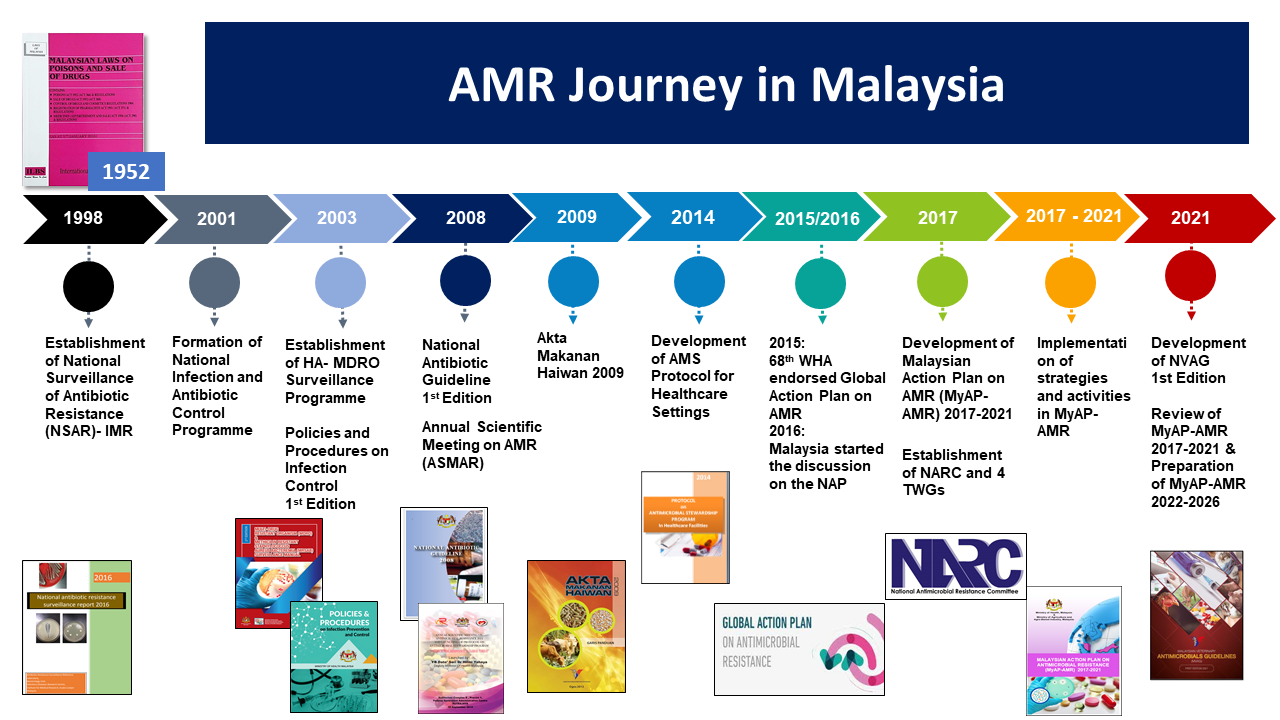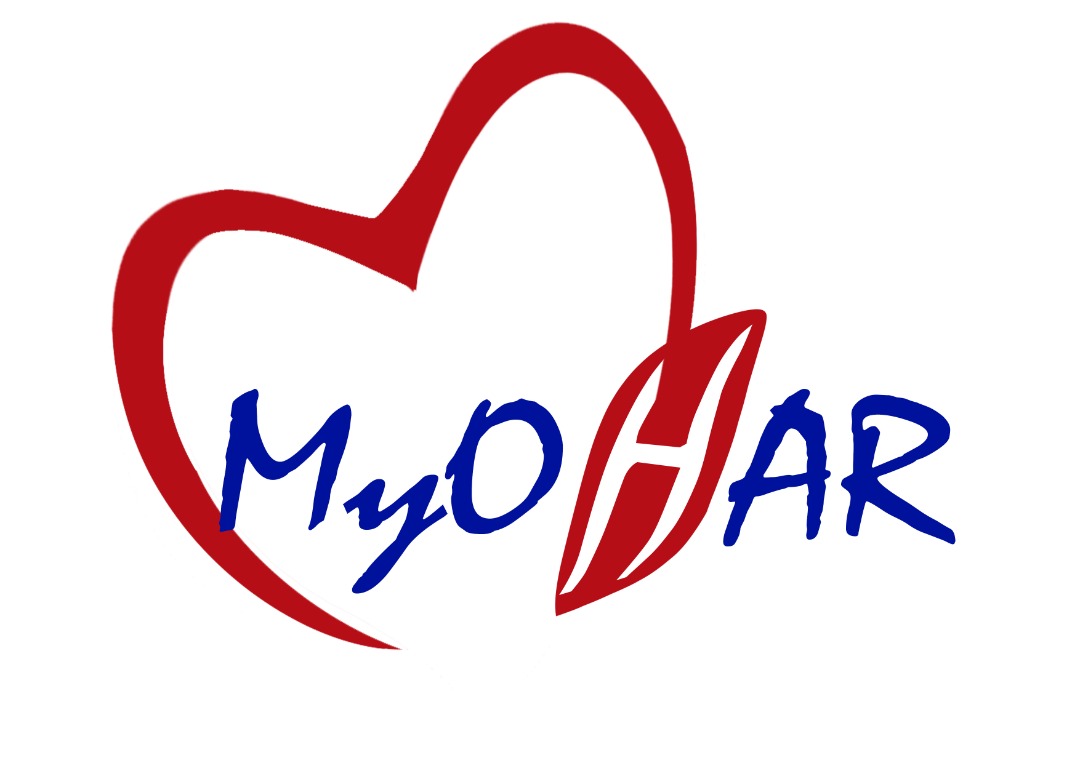Human Health
INTRODUCTION
Antimicrobial resistance (AMR) represents a major threat to human health with significant global economic and security impact.
AMR occurs when bacteria, viruses, fungi and parasites acquired new resistance mechanisms, leading to antimicrobial resistance making infections harder to treat and increasing the risk of disease dissemination, severe morbidity and high mortality. As a result of drug resistance, antibiotics and other antimicrobial medicines become ineffective and infections become increasingly difficult or impossible to treat. Especially alarming is the rapid global spread of multi- and pan-drug resistant bacteria (“superbugs”) that cause infections that are not treatable with existing antimicrobial agents.
The cost of AMR to national economies and their health systems is significant as it affects productivity of patients or their caretakers through prolonged hospital stays and the need for more expensive treatment and intensive care.
Human health component in control of AMR comprises of a big group involving multi ministries and divisions. The major activities involves are to create and spread awareness on AMR to public, monitoring of drug usage, improved patient care with good infection control activities, appropriate laboratory investigations to support in patient clinical management and AMR surveillance that involves gathering antibiotic resistance surveillance data to monitor AMR level in community as well as health care settings.
AMR containment activity started off with the establishment of Poisons Act 1952. This act regulates the importation, possession, manufacture, compounding, storage, transportation, sale and use of poison including antimicrobial agents in Malaysia. Later in 1998, National Surveillance of Antibiotic Resistance (NSAR) was initiated with the main objective of gathering antibiotic resistance surveillance data for Malaysia. NSAR was coordinated by the Bacteriology Unit, Institute for Medical Research (IMR). To date 41 hospitals and 1 public health laboratory has contributed the data.
The National Surveillance on Antibiotic Utilisation (now known as the National Surveillance on Antimicrobial Utilisation) was initiated in the year 2001. Over years, the surveillance has expanded in number of antimicrobials and healthcare facilities under monitoring. Currently, this surveillance is conducted in major MOH hospitals, university hospitals, military hospitals and private hospitals with more than 100 beds, as well as MOH health clinics with resident Family Medicine Specialist. This surveillance is coordinated by Pharmacy Practice and Development Division, MOH and report is presented in the annual National Infection and Antibiotic Control Committee Meeting.
Subsequently, in 2003, National antibiotic and Infection Control programme was established to ensure prudent use of antibiotic and minimize hospital acquired infection. Later, in 2017, in response to the Global Action Plan by World Health Organization to combat AMR, National Antimicrobial Resistance Committee that consist of four Technical Working groups was established and Malaysian Action Plan on AMR ( MyAp-AMR) for 2017-2021 was formulated.

GOVERNANCE OF HUMAN HEALTH IN ONE HEALTH

